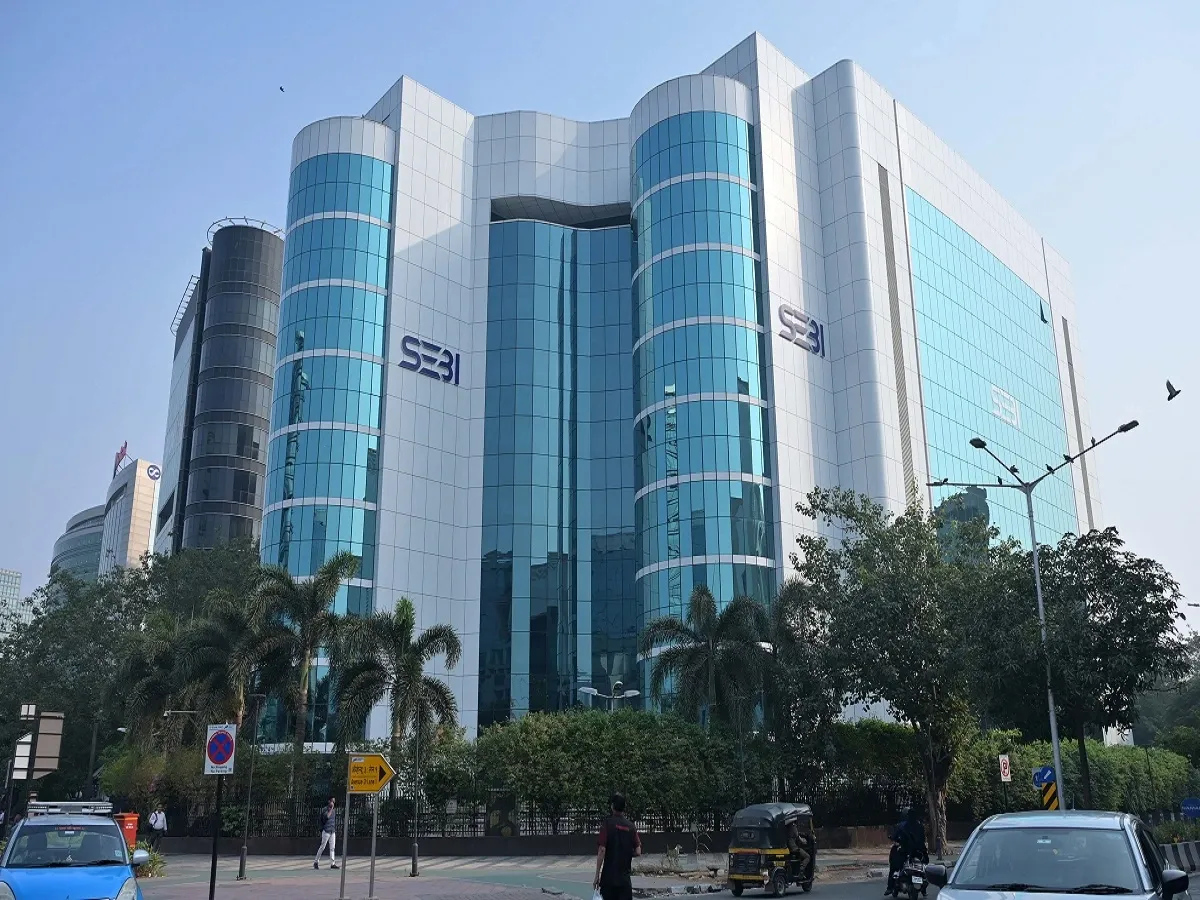Business News
SEBI asks mutual funds to deploy NFO proceeds within 30 days

3 min read | Updated on October 30, 2024, 19:05 IST
SUMMARY
If AMCs are unable to deploy funds for their schemes as specified in their Scheme Information Document (SID), they must give reasons in writing to the Investment Committee who can extend the deadline by 30 business days. Further, the committee must assess the root cause before granting an extension and must also provide recommendations to ensure deployment within the timeline.

Currently, AMCs have six months from the date of SEBI’s final approval to launch a scheme
The Indian market regulator believes that Asset Management Companies (AMCs) should deploy New Fund Offer (NFO) funds within 30 business days of allotment, according to a consultation paper released by the Securities and Exchange Board of India (SEBI).
The consultation paper aims to enhance fund deployment efficiency by AMCs during NFOs and seeks public comments on the timelines for the same. SEBI is accepting public comments to determine how much time these funds should be allowed with each scheme's asset allocation.
According to SEBI, the AMCs must state achievable timelines in their Scheme Information Document (SID) for deploying funds according to the scheme’s asset allocation and should raise funds during the NFO accordingly.
The AMCs may be required to invest the funds collected during the NFO within a specified period from the unit allotment date. If an AMC cannot deploy the funds in 30 business days, it must provide written reasons, detailing its efforts to deploy the funds, to the Investment Committee, which could grant a one-time extension of up to 30 business days.
The committee would also need to recommend how an AMC can ensure the timely deployment of funds going forward and monitor the same. Furthermore, the committee must assess the root cause of the reasons provided by the AMC before giving an extension. The committee should not provide an extension if the assets for the mentioned schemes are liquid and readily accessible.
The regulator has also provided specific provisions for situations where funds are not deployed according to the asset allocation mentioned in the SID within the mandated and extended timelines.
According to the consultation paper, if AMCs fail to deploy the funds within the given and extended deadlines, they may face the following consequences:
- Not allowed to launch any new scheme until the funds are appropriately deployed according to the SID.
- Unable to levy exit loads on investors exiting their schemes after the grace period of 60 days
- Mandatory reporting of deviations to the trustees at each relevant stage.
The proposed regulations would apply to all NFOs except index funds and exchange-traded funds (ETFs).
Existing regulations
Currently, AMCs have six months from the date of SEBI’s final approval to launch a scheme. Many NFOs manage to deploy funds efficiently, but data from the last three fiscal years has shown that some schemes have taken more than 90 days to invest funds as mandated, reported CNBC TV-18. Out of 647 NFOs, 603 achieved their asset allocation within 30 days or less, it added.
Reports show that the delays in the deployment of funds by AMCs were attributed to both the size of the funds raised and market volatility.
The existing regulations specify how long NFOs can stay open but there are no guidelines on how soon these funds must be invested in accordance with the scheme's stated objectives.
SEBI is accepting comments on the proposals mentioned in the consultation paper until November 20, 2024.
About The Author
Next Story

